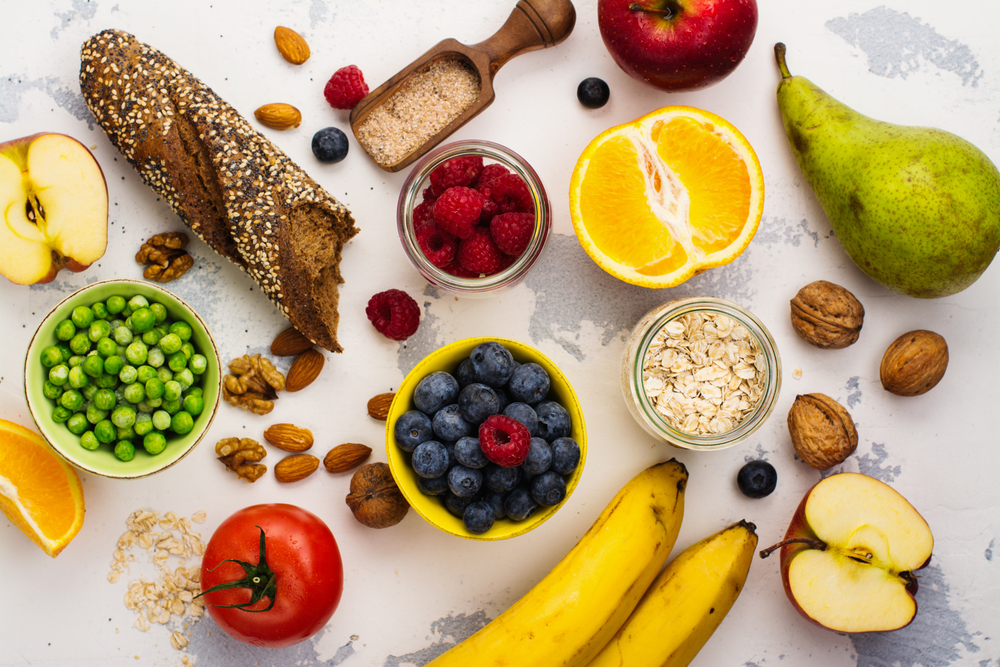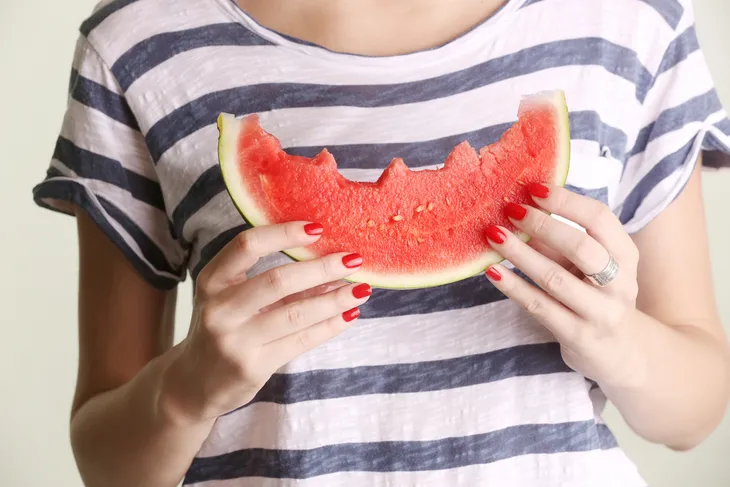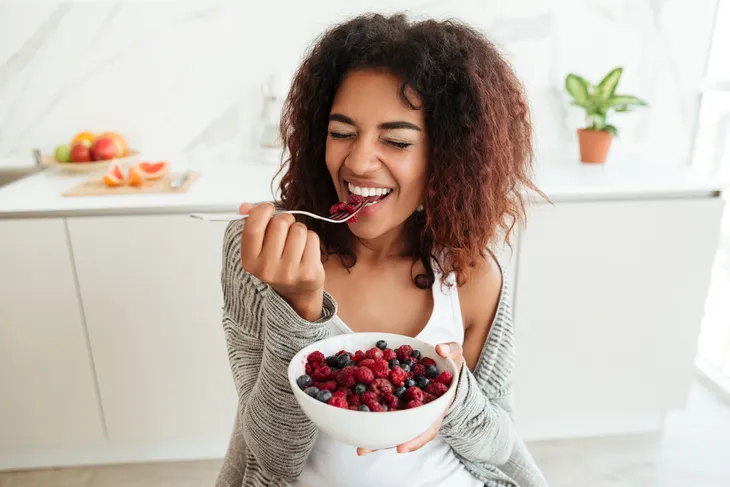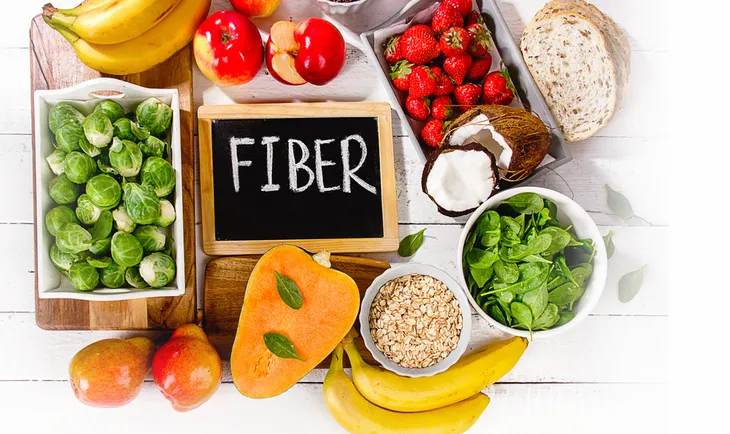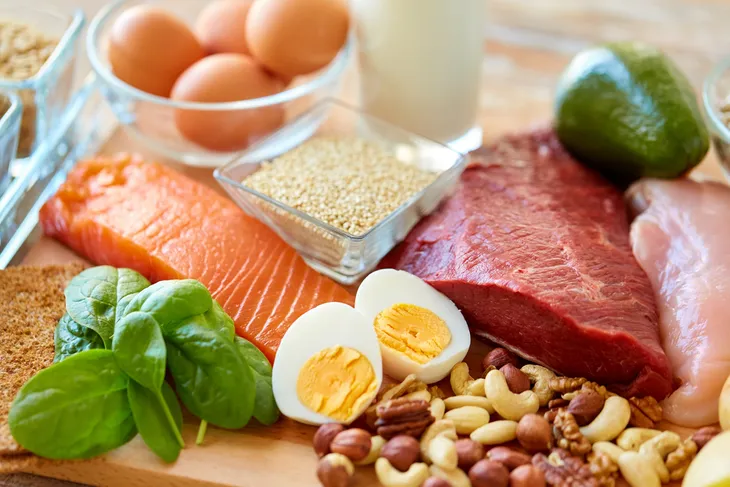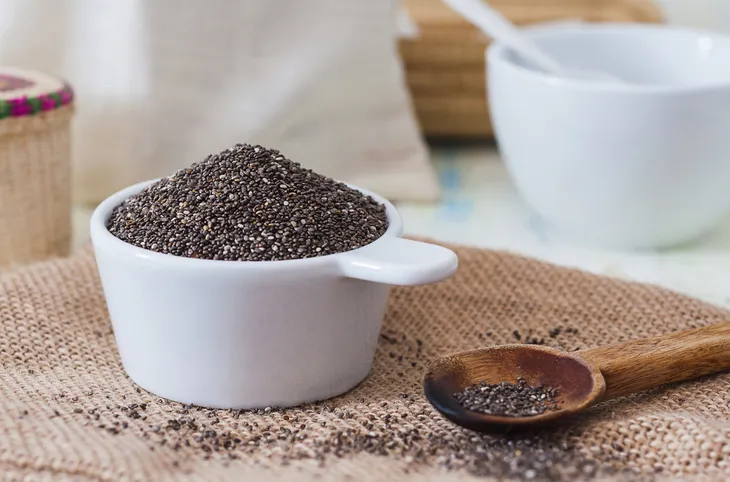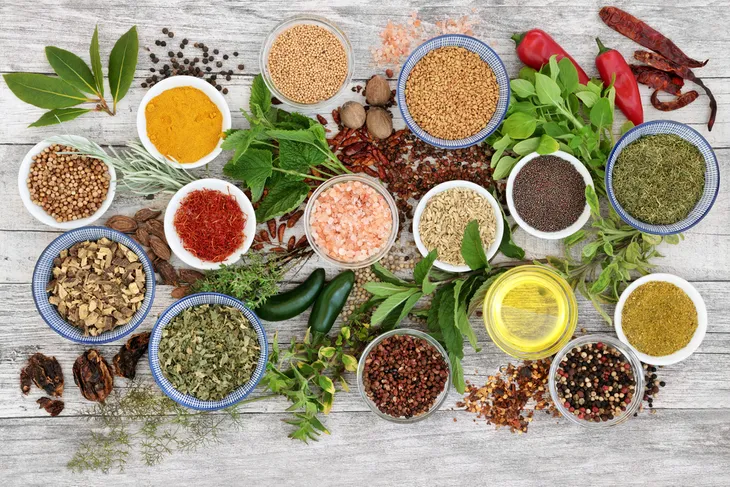If you can’t seem to eat enough during a meal to feel full, then you might be approaching it the wrong way. Here’s something to digest: there are probably diet choices you’re making that are working against your own goals to become healthier.
It’s not just what you’re eating, but how you approach food mentally, according to experts. Feeling full is as much about resetting the point where you’ve had enough as it is about choosing the right diet. Here are seven tricks to feel full faster…
Drink More Water
Not only is water an essential part of being healthy to keep us hydrated and maximize body function, but it can also take up space in our system and turn off the hunger alarms.
Health magazine suggests you should drink two 8-ounce glasses of water before you dig into your plate. This can help fill the seemingly endless void in your gut while saving up to 60-calories per meal, according to the source.
Eat Foods High in Water Content
If you’re not one to sip glasses of water, perhaps you could munch away on some foods that are healthy while also giving you the benefits of drinking water (from a diet perspective).
The Mayo Clinic notes that fruits and vegetables are naturally high in water content, while also supplying essential vitamins and nutrients (apparently a grapefruit is 90-percent water, while a watermelon is 92-percent water). While raw carrots seem pretty solid, they’re 88-percent water and low in calories, notes the clinic.
Eat Slower
When we’re very hungry, we tend to dive into our meals like ravenous wolves–perhaps without realizing it. However, if you can convince your brain to slow down, you may boost your ability to feel fuller with the same size portions, notes Harvard Medical School.
The way these techniques work is about how your brain functions, not just your stomach. There are hormones released while eating to help you feel full, and they also trigger dopamine in the brain to enhance your mood. The simplified theory is that these hormones don’t have a chance to kick in while you’re shoveling food into your face.
Eat More Fiber
High fiber foods help regulate how effectively food passes through our systems, helping you be…well, more “regular”. Best Health magazine (in Canada) said you can pick up fiber from whole grains, fruit, and vegetables.
The way fiber works to control appetite is by being bulky and making our bodies work harder to digest it. This not only triggers us to stop eating, but fiber also helps regulate blood sugars and cholesterol, according to the magazine.
Boost Protein Intake
Protein is also hard for your body to break down, notes Best Health magazine. That will generally delay how long you go between meals without feeling like we’re starving yourself.
Protein is also an essential element of any healthy diet, as it helps repair the skin as well as makes digestive enzymes, hormones, and other essential body chemistry. It is important to almost every function of your body, so beef up your protein intake (yes, beef has protein).
Check Out Chia Seeds
Shape magazine says help can arrive in tiny ways–namely very small chia seeds. The magazine notes that you can sprinkle these mostly flavorless seeds on your morning cereal and your yogurt (or bigger meals) to help fill you up.
According to the source, these seeds expand in water, and one tablespoon of chia has 2-grams of protein and 5-grams of fiber, and we already know those can help you feel full in a healthy way.
Add More Flavor
Shape magazine also informs us that if we simply spice up our diets, we can curb the hunger pangs. This can mean eating a more diverse range of tasty foods, or literally adding spice to your recipes.
The source notes that tasty food is not only more enjoyable, it also reduces our calorie intake in subsequent meals (when using cayenne pepper, in the example used by the magazine). Apparently spices can help you feel fuller for longer periods of time, while also helping you burn calories faster. Just be careful not to use salt-based seasonings and remember to focus on using herbs for flavor.
